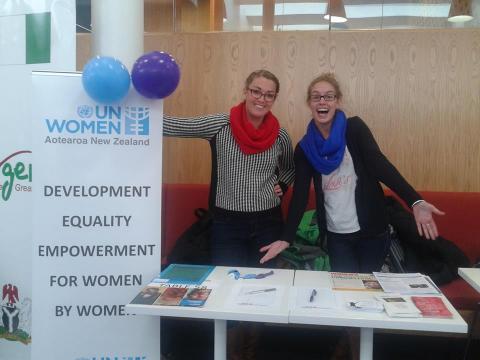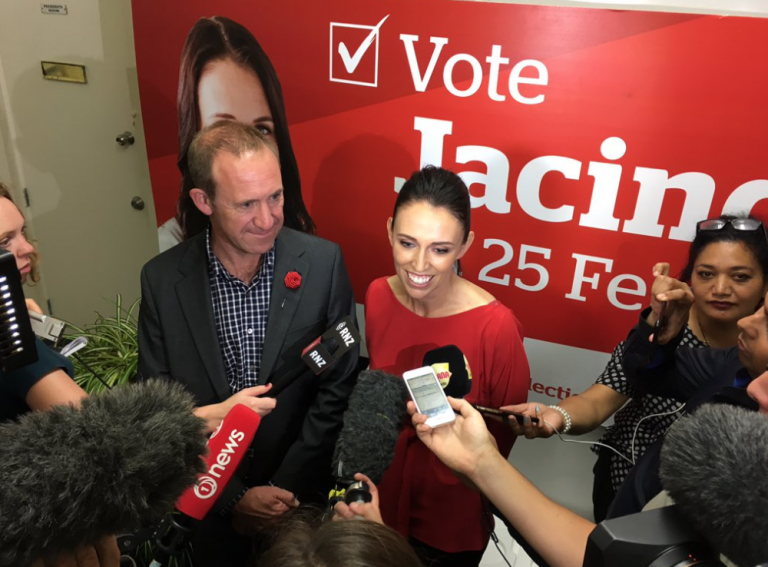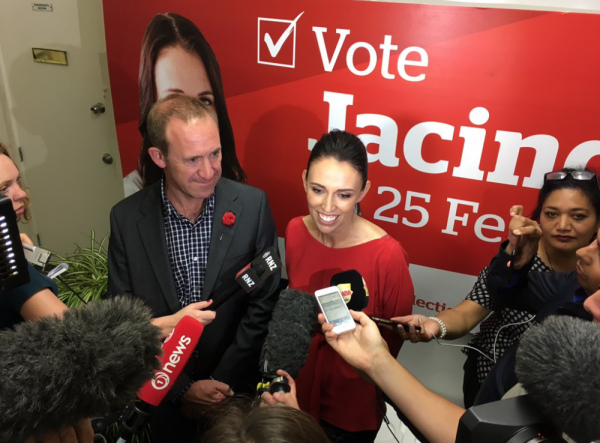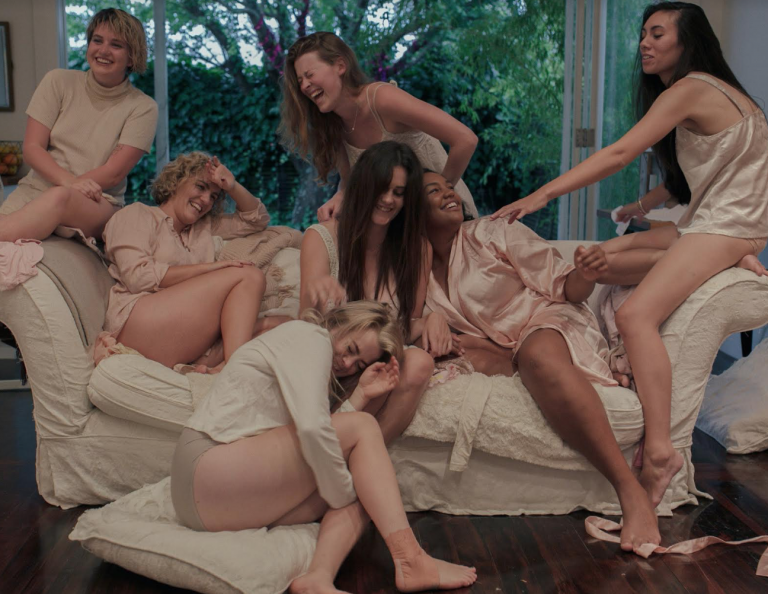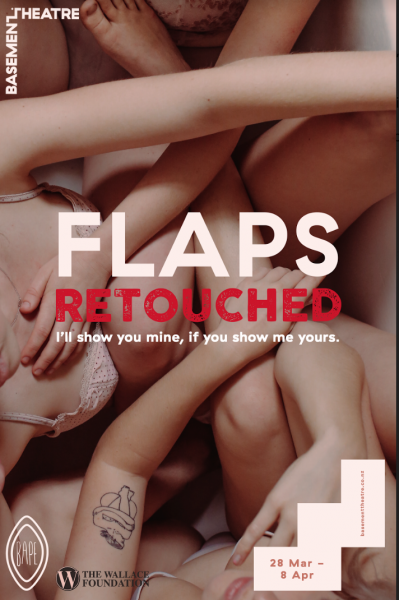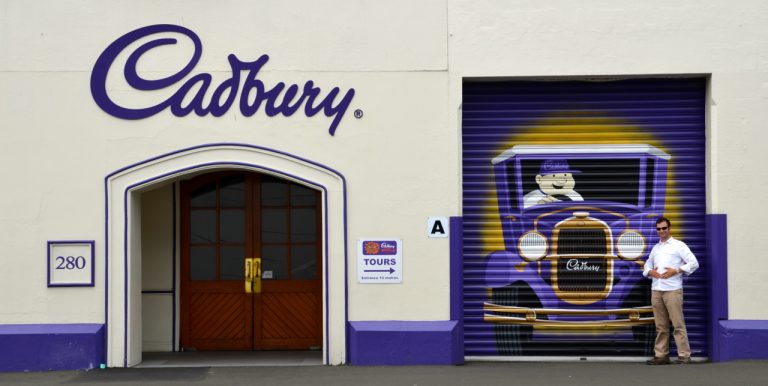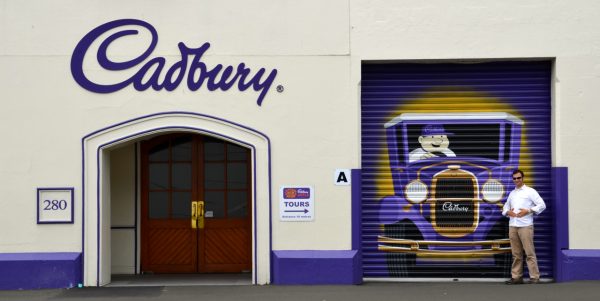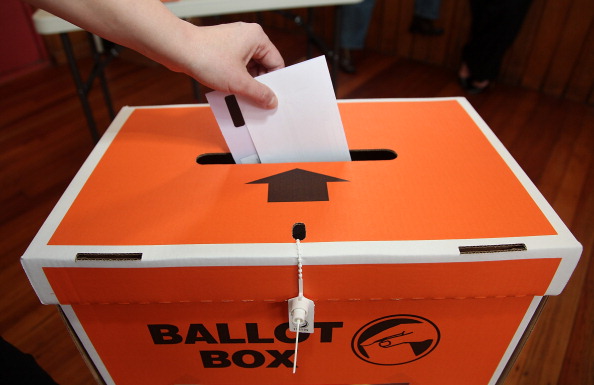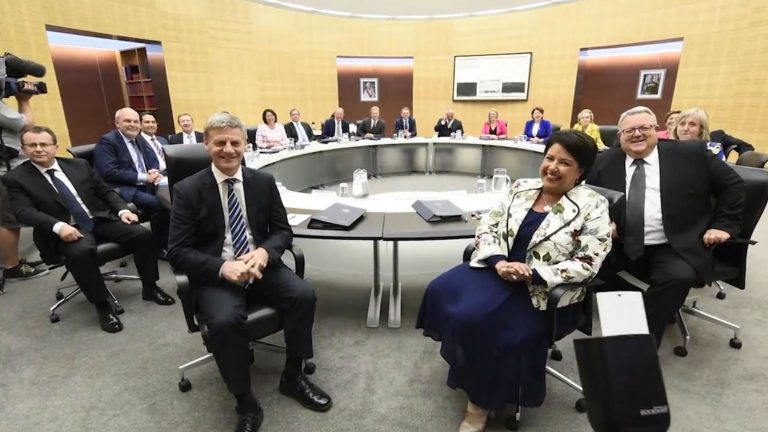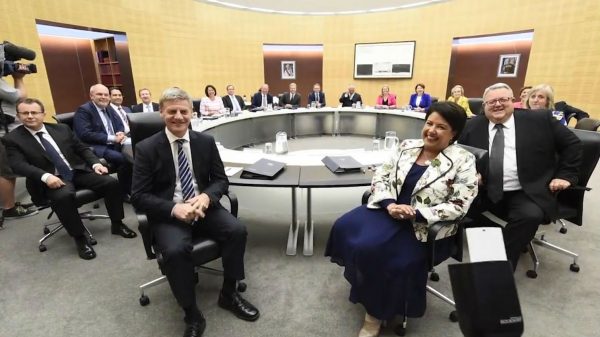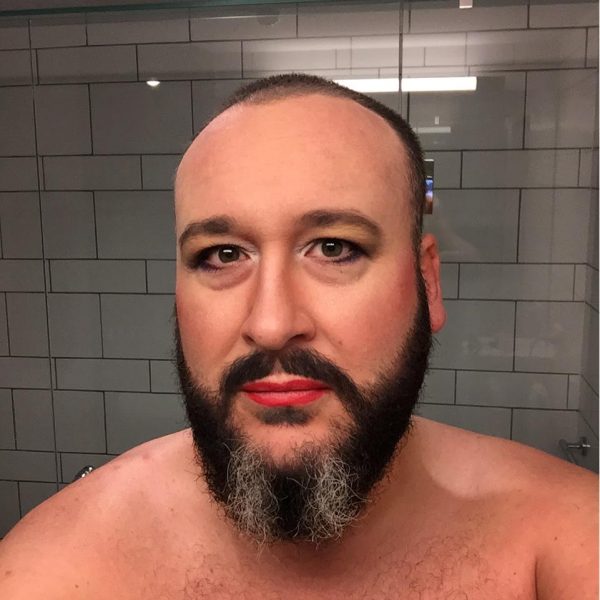
5: Hey, It’s a Problem the President Believes Things That Aren’t True
Donald Trump’s allegation that Obama wiretapped his phone is just the latest in a series of nearly nonsensical claims that have real consequences.
For years, Donald Trump has been—hmmmmm, how do I put this, exactly?—saying stuff that isn’t true. This was fine back when he was merely posing as his own PR guy or inflating the amount he gave to charity—if he was a bullshit artist, he was an artist, a man who built skyscrapers of bluster and hype, who made mountains from molehills just by insisting he saw a mountain, a beautiful mountain, people have called it one of the world’s finest, most luxurious peaks. When he spread the nonsense rumor that Barack Obama wasn’t born in the US (a falsehood he didn’t renounce until September), even then the stakes seemed low. Trump was just one FOX News sideshow among many. Who cared what he said or what he thought?
Now, of course, we all have to care what Trump says and thinks, because he is president. The problem is, he’s still saying stuff that isn’t true.
Vice News
4: The GOP Fix for Obamacare: Rich Get Tax Breaks While Millions of Others Lose Healthcare
House Republicans have unveiled long-awaited legislation to repeal much of the Affordable Care Act—also known as Obamacare—including its expansion of the Medicaid program for the poor. The proposal includes a large tax break for insurance companies that pay their CEOs over $500,000 per year. It also defunds Planned Parenthood and eliminates abortion coverage. The Republican proposal does retain Obamacare’s requirement that insurers cover people with pre-existing conditions. However, it scraps the revenue-generating mechanism that makes this possible: the individual mandate, which required all Americans to sign up for health insurance or pay a fee. President Donald Trump and fellow Republicans have repeatedly promised to repeal and replace Obamacare, but their efforts have faced internal divisions as well as sustained outcry from constituents at town hall meetings across the country. For more, we speak with John McDonough, professor at the Harvard T.H. Chan School of Public Health. He is the former executive director of Health Care for All in Massachusetts, which played a key role in the passage of the 2006 Massachusetts health reform law.
Democracy Now
3: WIKILEAKS DUMP SHOWS CIA COULD TURN SMART TVS INTO LISTENING DEVICES
IT’S DIFFICULT to buy a new TV that doesn’t come with a suite of (generally mediocre) “smart” software, giving your home theater some of the functions typically found in phones and tablets. But bringing these extra features into your living room means bringing a microphone, too — a fact the CIA is exploiting, according to a new trove of documents released today by Wikileaks.
According to documents inside the cache, a CIA program named “Weeping Angel” provided the agency’s hackers with access to Samsung Smart TVs, allowing a television’s built-in voice control microphone to be remotely enabled while keeping the appearance that the TV itself was switched off, called “Fake-Off mode.” Although the display would be switched off, and LED indicator lights would be suppressed, the hardware inside the television would continue to operate, unbeknownst to the owner. The method, co-developed with British intelligence, required implanting a given TV with malware—it’s unclear if this attack could be executed remotely, but the documentation includes reference to in-person infection via a tainted USB drive. Once the malware was inside the TV, it could relay recorded audio data to a third party (presumably a server controlled by the CIA) through the included network connection.
Wikileaks said its cache included more than 8,000 documents originating from within the CIA and came via a source, who the group did not identify, who was concerned that the agency’s “hacking capabilities exceed its mandated powers” and who wanted to “initiate a public debate” about the proliferation of cyberweapons. Wikileaks said the documents also showed extensive hacking of smartphones, including Apple’s iPhones; a large library of allegedly serious computer attacks that were not reported to tech companies like Apple, Google, and Microsoft; malware from hacker groups and other nation-states, including, Wikileaks said, Russia, that could be used to hide the agency’s involvement in cyberattacks; and the growth of a substantial hacking division within the CIA, known as the Center for Cyber Intelligence, bringing the agency further into the sort of cyberwarfare traditionally practiced by its rival the National Security Agency.
The Intercept
2: Turkey, Russia, US army chiefs discuss anti-ISIL steps
The top generals from Turkey, US and Russia have met to discuss developments in Syria and Iraq to prevent “the risk of a conflict” during their fight against ISIL.
Hulusi Akar, Turkish chief of staff; Joseph Dunford, US chairman of the joint chiefs of staff; and Valery Gerasimov, Russian chief of general staff, met on Tuesday in the southern Turkish city of Antalya.
“Common issues relating to regional security, in particular Syria and Iraq, are being discussed at the meeting,” the Turkish army said in a statement, without giving further detail.
Russia confirmed the news of the meeting, with the defence ministry saying in a statement to Russian news agencies: “A joint discussion on security issues in Syria and Iraq is planned.”
Aljazeera
1: WikiLeaks publishes ‘biggest ever leak of secret CIA documents’
The US intelligence agencies are facing fresh embarrassment after WikiLeaks published what it described as the biggest ever leak of confidential documents from the CIA detailing the tools it uses to break into phones, communication apps and other electronic devices.
Thousands of documents focus mainly on techniques for hacking, including how the CIA cooperated with British intelligence to engineer a way to compromise smart televisions and turn them into improvised surveillance devices.
The leak, dubbed “Vault 7” by WikiLeaks, will once again raise questions about the inability of US spy agencies to protect secret documents in the digital age. It follows disclosures about Afghanistan and Iraq by army intelligence specialist Chelsea Manning in 2010 and about the National Security Agency and Britain’s GCHQ by Edward Snowden in 2013.
The documents appear to be from the CIA’s 200-strong Center for Cyber Intelligence and show in detail how the agency’s digital specialists engage in hacking.
According to the documents:
– CIA hackers targeted smartphones and computers.
– The Center for Cyber Intelligence is based at the CIA headquarters in Virginia but it has a second covert base in the US consulate in Frankfurt which covers Europe, the Middle East and Africa.
– A programme called Weeping Angel describes how to attack a Samsung F8000 TV set so that it appears to be off but can still be used for monitoring.




